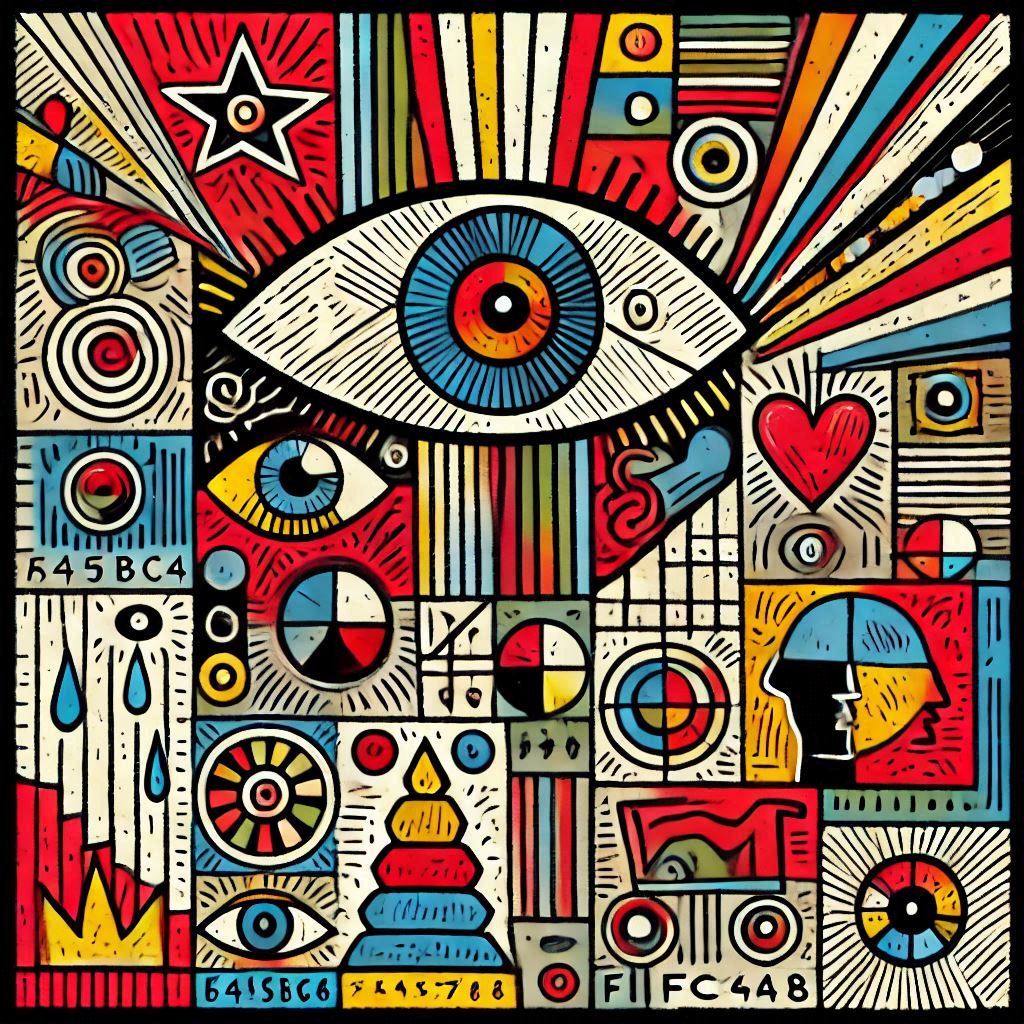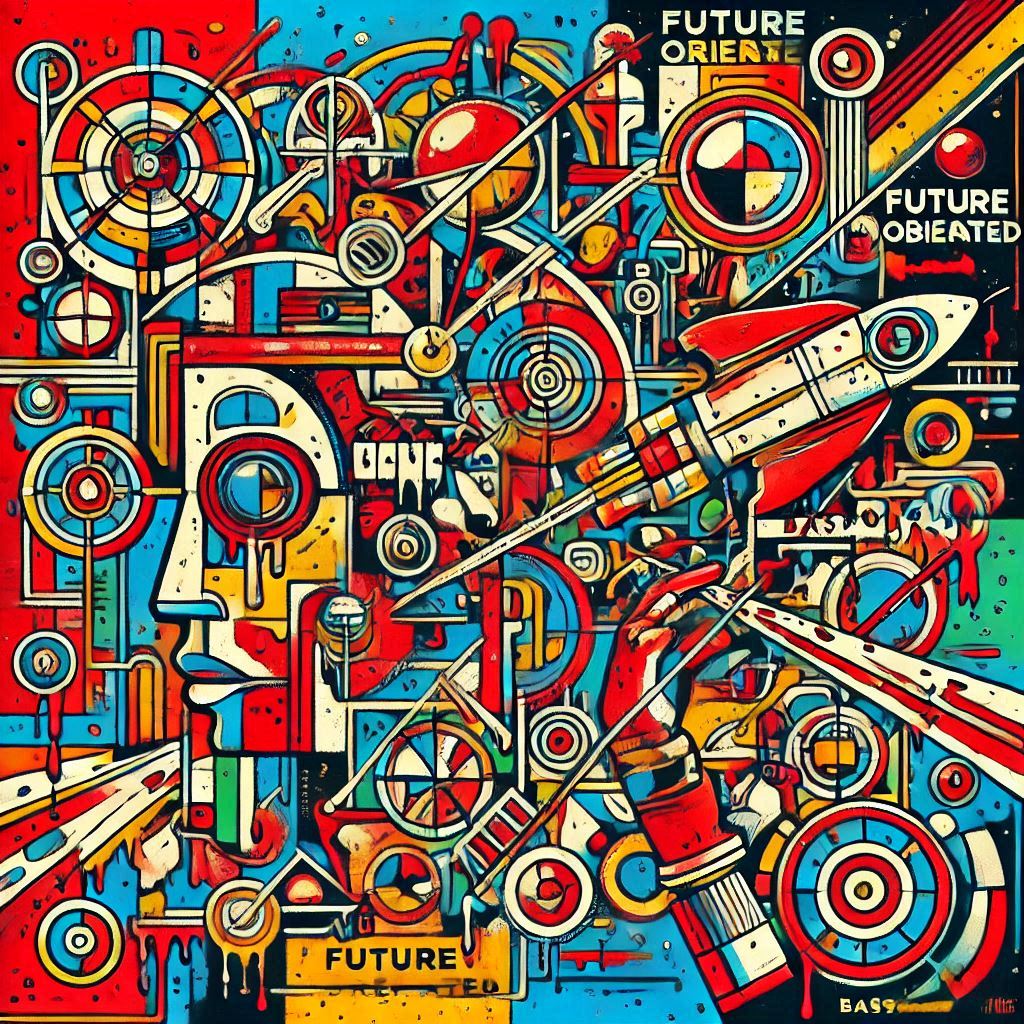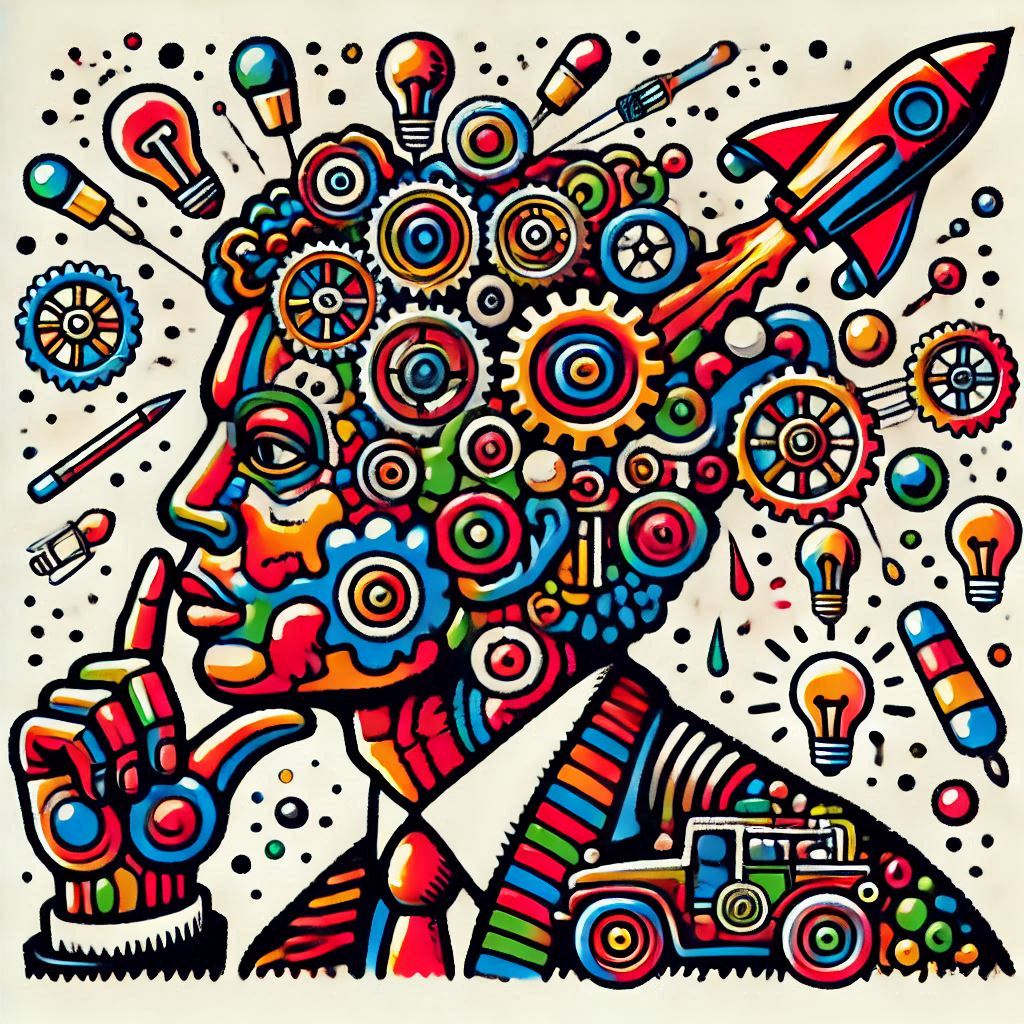Present vs Future-Oriented: What’s the Difference?
Have you ever wondered why some people seem so focused on the present moment? While others are always planning and thinking about the future?
There are distinct differences between being present-oriented and future-oriented. Understanding these differences can help us better understand ourselves and others.
It can even improve our relationships and decision-making skills.
In this article, we’ll explore the characteristics of present- and future-oriented individuals and see how these perspectives can impact our lives.
So, let’s dive in and explore the fascinating differences between being present and future-oriented!
Understanding Present-Oriented Mindsets
Advantages of a Present-Oriented Approach

A present-oriented approach in decision making and goal setting allows individuals to fully immerse themselves in the current moment. This makes it easier to focus on the task at hand without distractions. It also promotes a sense of mindfulness and reduces anxiety by preventing excessive worrying about future outcomes.
Prioritizing the present can increase psychological well-being, lower stress levels, and improve overall mental health. Focusing on the present can result in practical benefits and increased confidence compared to a future-oriented mindset. Individuals are more likely to take action and make immediate progress toward their goals without being overly concerned about future uncertainties.
Challenges That Come with a Present-Oriented Vision

Individuals who focus on the present may struggle with long-term planning and goal setting. They prioritize immediate satisfaction and may overlook future consequences. This mindset can lead to missed career opportunities, financial instability, and stunted personal growth.
Additionally, it hinders the development of responsibility and discipline, leading to impulsive decision-making and an unpreparedness for unexpected challenges. Balancing present and future perspectives is crucial for short-term happiness and long-term success.
Navigating Future-Oriented Perspectives
Benefits of Being Future-Oriented

Being future-oriented has several advantages.
Individuals can make better decisions for their future by prioritizing long-term goals over immediate rewards.
This includes careful planning and strategizing, which can lead to improved career opportunities and financial stability.
Furthermore, a future-oriented mindset can help individuals develop confidence and purpose.
This is because they are actively working towards a vision of success, which can provide a strong sense of motivation and direction in life.
Lastly, being future-oriented allows for better preparation and adaptability in the face of unexpected challenges, as individuals are already thinking ahead and considering various potential outcomes.
Potential Drawbacks of Future-Oriented Thinking

Focusing too much on the future can have drawbacks. It might lead to more stress and anxiety. People can become so worried about future goals that they forget to enjoy the present. For instance, a college student who is only focused on getting a high-paying job may miss out on making meaningful connections and enjoying college. Similarly, an entrepreneur fixated on future success may struggle to deal with unexpected changes in the market, causing increased stress and inflexible decision-making.
So, while thinking about the future is essential, balancing it with being present is crucial for overall well-being and adaptability.
Balancing the Present and Future
Achieving a Harmonious Middle Ground
Achieving a balance between living in the present and planning for the future is important. It’s about recognizing the value of both approaches in different situations. Understanding when to focus on the present and when to prioritize long-term planning is key.
Practical Steps to Balance Present and Future Mindsets
Finding a balance between present-oriented and future-oriented mindsets requires considering practical steps. Individuals can achieve this by:
- Setting short-term goals that align with long-term aspirations.
- Practicing mindfulness to savor the current moment without losing sight of the future.
- Engaging in activities that bring immediate joy and contribute to long-term well-being.
Moreover, managing the psychological impact of present and future orientations involves recognizing when to apply each perspective and developing adaptive coping mechanisms. By implementing these practical strategies, individuals can strike a harmonious balance for a more fulfilling life.
The Psychological Impact of Present vs. Future Orientations
Can Focusing on the Present Reduce Anxiety?
A present-oriented mindset can help reduce anxiety. It allows individuals to focus on the here and now rather than worrying about the future. By being fully engaged in the present moment, individuals can feel calm and mindful, leading to lower anxiety levels. This mindset helps individuals let go of future uncertainties and focus on immediate experiences and emotions. Prioritizing the present can improve mental well-being, reduce stress, and better cope with everyday challenges.
Embracing a present-oriented perspective can cultivate gratitude and contentment, leading to a more positive outlook. Therefore, focusing on the present can reduce anxiety and improve overall quality of life.
Can Planning for the Future Boost Confidence?
Planning for the future can boost confidence. Setting goals and imagining success can make people feel more confident. This is because believing in one’s ability to succeed increases confidence. Actively planning for the future can also help individuals feel more in control of their lives, which boosts confidence in decision-making and problem-solving. Balancing present and future perspectives can enhance overall confidence.
Enjoying the present while working towards long-term success fosters a well-rounded sense of confidence. Finding this balance is crucial for boosting confidence and living a fulfilling life.
Decision Making: Present vs. Future Orientations
How Present Focus Affects Decision-Making
A present-focused mindset can impact decision-making. It prioritizes immediate satisfaction and pleasure over long-term consequences, leading to impulsive decisions based on instant gratification without considering future implications.
On the other hand, a future-oriented perspective influences decision-making by prioritizing long-term goals and outcomes. This often involves making sacrifices in the present for the promise of future rewards.
The potential advantages of present-focused decision-making include enjoying the present moment and fully embracing spontaneity. However, the disadvantages may involve neglecting future planning and the long-term consequences of actions.
Conversely, the potential advantages of a future-oriented perspective involve better planning and visualization of success. Still, they may lead to anxiety and a lack of adaptability when things don’t go as planned.
How Future Focus Influences Choices and Planning
A future-oriented perspective affects how people make choices and plans. It encourages thinking about the long term and delaying immediate rewards. This means people are more likely to invest time in activities that will pay off later and set long-term goals. However, always focusing on the future can lead to anxiety when things don’t go as planned and limit adaptability.
To balance present and future thinking, individuals can practice mindfulness to enjoy the present while setting aside time for future planning. They can use time management techniques like the Eisenhower matrix to prioritize tasks contributing to present and future goals. Seeking short-term rewards that align with long-term objectives can help maintain a healthy balance.

Vizologi is a revolutionary AI-generated business strategy tool that offers its users access to advanced features to create and refine start-up ideas quickly.
It generates limitless business ideas, gains insights on markets and competitors, and automates business plan creation.


